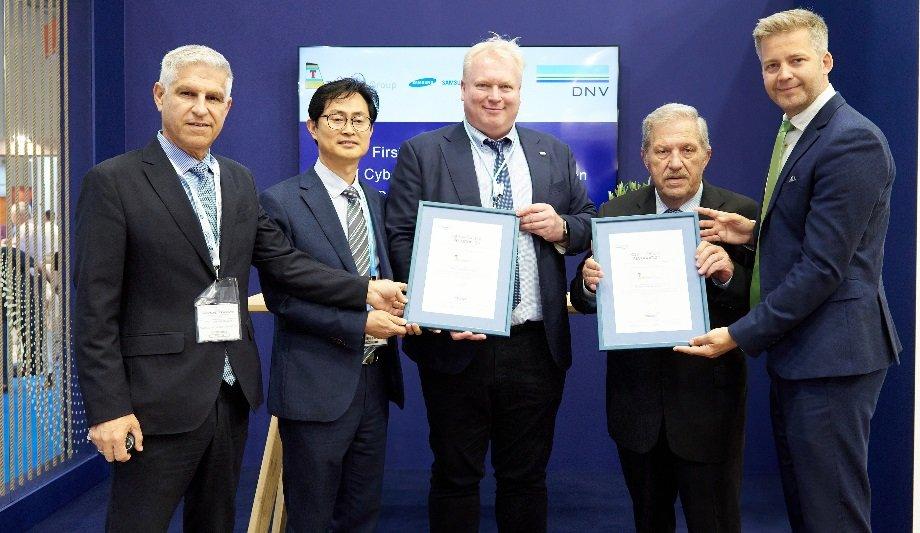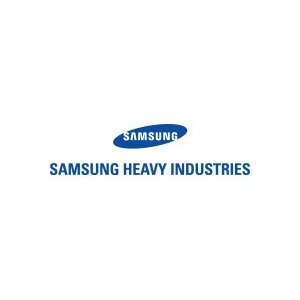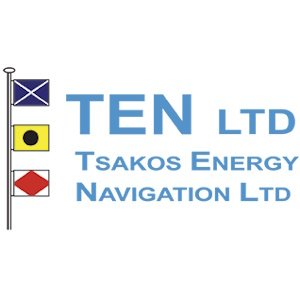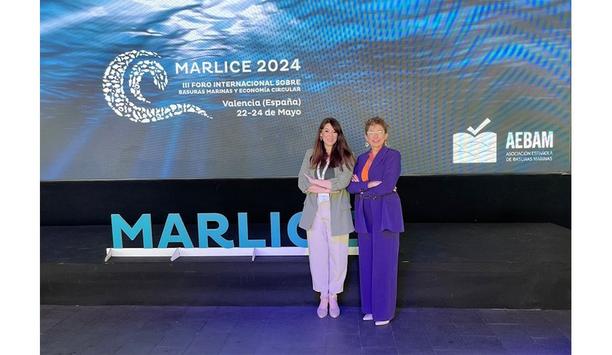At the Posidonia trade fair, the classification society DNV presented Tsakos Energy Navigation Ltd (T.E.N.) with a certificate recognising their recently contracted vessels as the first shuttle tankers set to receive the DNV Cyber Secure Essential notation.
The vessels, scheduled for completion from Samsung Heavy Industries (SHI) in 2025, will be compliant with the upcoming IACS Unified Requirements (UR) E26/27 ahead of its implementation. DNV also celebrates that 200 vessels have voluntarily contracted the DNV’s Cyber Secure notation ahead of the IACS UR implementation.
Cyber security barriers
Maritime industry’s rapid digitalisation is enhancing efficiency, safety, and sustainability
The maritime industry’s rapid digitalisation is enhancing efficiency, safety, and sustainability, but also introduces new risks, making cyber security essential. The International Association of Classification Societies (IACS) has introduced two URs (UR E26 and E27) to reduce cyber risk, which will be mandatory for all new buildings contracted for construction after 1 July 2024.
The UR E26, governs vessel design and operation for yards, designers, and owners, and E27 applies to essential onboard systems and will require owners, yards, and suppliers to build cyber security barriers into their systems and vessels.
Collaboration with DNV and SHI
Vasilis Papageorgiou, Chief Marine Officer at T.E.N, said: "Robust cybersecurity is essential for safe shipping. We are delighted with our collaboration with DNV and SHI, and proud to have achieved this notation before it becomes mandatory. Completing this significant stage highlights the progress we have made in this important field."
Haeki Jang, Executive Vice President/CTO of Samsung Heavy Industries, said: “In the shipbuilding and marine sectors, the importance of data is becoming more prominent. Seamless connection and data security between ships, land and systems have become essential concepts. Therefore, cyber security technology is necessary. We will continue to strengthen cooperation with shipping companies, classification societies, and cyber security companies to expand the application of the technology.”
IACS unified requirements
Ioannis Chiotopoulos, SVP, Regional Manager South East Europe, Middle East & Africa at DNV Maritime, said: “We are delighted to work with Tsakos and SHI to verify their shuttle tankers comply with the updated DNV Cyber Secure notation."
"This puts Tsakos and SHI out in front of upcoming IACS unified requirements. At DNV we have been working to help prepare our customers as increased ship connectivity increases cyber risk and are very happy to celebrate that 200 vessels have already contracted the notation ahead of mandatory implementation."
Risk of cyber security threats
Chiotopoulos added: "By ensuring these vessels comply with both the IACS URs and the IEC 62443-3-3 standard for automation and control systems, Tsakos is better positioned to leverage the advantages of connected technologies while still maintaining robust cybersecurity. Additionally, SHI demonstrates that they can offer ship owners cyber-secure and digital-ready vessel design.”
DNV's Cyber Secure class notation offers several benefits, including support to reduce the risk of cyber security threats, demonstrate cyber security resilience, provide regular audits for continuous compliance and increase the cyber security awareness of personnel. It also enables owners to safely take advantage of digital technologies to improve their operations.













